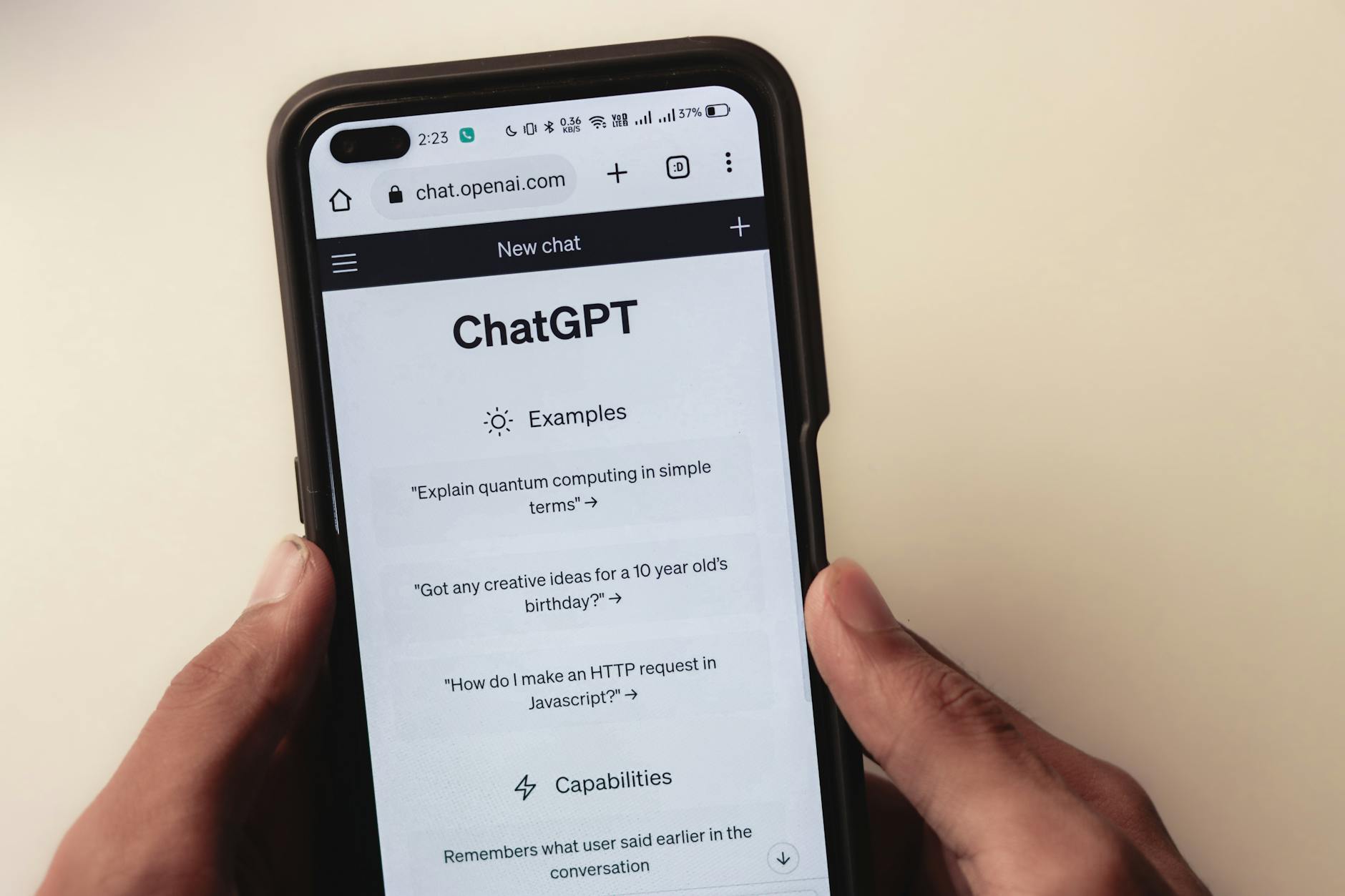The AGI Dream’s Hidden Cost: Karen Hao Unpacks OpenAI’s Ideological Empire | GPT-5 Elevates AI Safety & Google’s Privacy Breakthrough

Key Takeaways
- Renowned journalist Karen Hao offers a critical perspective on OpenAI’s rise, suggesting it’s driven by an “AGI evangelist” ideology that blurs mission with profit and justifies massive spending.
- OpenAI and Microsoft have formalized their enduring partnership with a new MOU, underscoring their shared commitment to AI safety and innovation.
- OpenAI has announced that its new GPT-5 model is being leveraged through SafetyKit to develop smarter, more accurate AI agents for content moderation and compliance.
- OpenAI is actively collaborating with the US CAISI and UK AISI, sharing progress on joint red-teaming, biosecurity safeguards, and agentic system testing to ensure responsible frontier AI deployment.
- Google has introduced VaultGemma, claiming it to be the most capable large language model offering differential privacy, marking a significant advancement in privacy-preserving AI.
Main Developments
Today’s AI landscape presents a fascinating dichotomy: the relentless, almost ideological pursuit of artificial general intelligence (AGI) on one hand, and a simultaneous, urgent focus on practical applications and robust safety measures on the other. At the heart of this complex narrative is OpenAI, a company whose every move is meticulously scrutinized.
Karen Hao, author of the forthcoming “Empire AI,” offers a searing external critique, framing OpenAI’s meteoric ascent not merely as a business success story, but as an ideological campaign. On TechCrunch AI’s Equity, Hao contends that a “cult of AGI” fuels the billion-dollar race, justifying gargantuan investments in compute and data, ultimately blurring the lines between a noble mission and commercial profit. This perspective provides a crucial lens through which to view the industry’s ambitions and the financial commitments underpinning them.
Yet, even as external observers debate its philosophical underpinnings, OpenAI continues its operational march. The company and Microsoft have solidified their long-standing alliance with a new Memorandum of Understanding, reaffirming their shared commitment to AI safety and innovation. This renewed pact underscores the strategic importance of the partnership, which has been instrumental in OpenAI’s growth and resource acquisition, aspects that Hao’s critique would certainly scrutinize for their cost and justification.
Further demonstrating its dual focus on advancement and responsibility, OpenAI’s latest blog posts highlight significant strides. The company is actively shipping “smarter agents with every new model,” specifically leveraging its new GPT-5 model via SafetyKit to enhance content moderation, enforce compliance, and outpace legacy safety systems with superior accuracy. This move signals not only the ongoing development of its flagship models but also a practical application geared towards improving the digital ecosystem. Alongside this, OpenAI is making tangible progress in collaborative safety efforts, working closely with the US CAISI and UK AISI. Through joint red-teaming, biosecurity safeguards, and testing of agentic systems, they aim to set new standards for responsible frontier AI deployment, directly addressing some of the ethical and safety concerns that proliferate in the industry.
Meanwhile, the broader AI ecosystem continues to diversify. Google has made its own notable contribution with VaultGemma, announced on Hacker News. This new offering is touted as the world’s most capable differentially private large language model, marking a significant step forward in developing powerful AI systems that prioritize user data protection. This innovation from Google highlights an alternative, equally vital facet of AI development: ensuring that advanced capabilities are integrated with robust privacy mechanisms, addressing a growing demand for secure and ethical AI solutions.
Analyst’s View
Today’s news encapsulates the multifaceted reality of the AI industry. Karen Hao’s incisive analysis of OpenAI’s “ideological empire” reminds us that beneath the technological marvels lie profound motivations and economic drivers, often pushing the boundaries of what’s considered a “mission.” This critical viewpoint is essential for a balanced understanding. Concurrently, OpenAI’s announcements regarding GPT-5’s role in safety and its deep collaborations with global AI safety institutes demonstrate a concerted effort to manage the very risks that come with accelerating AGI development. Google’s VaultGemma, on the other hand, underscores that innovation isn’t solely about raw power; it’s also about building responsible, privacy-preserving frameworks. We should watch closely how the industry navigates this tension between ideological ambition, the pragmatic deployment of powerful new models, and the urgent imperative for robust safety and privacy safeguards. The true “cost of belief” will be measured not just in dollars, but in societal impact and trust.
Source Material
- A joint statement from OpenAI and Microsoft (OpenAI Blog)
- Karen Hao on the Empire of AI, AGI evangelists, and the cost of belief (TechCrunch AI)
- Shipping smarter agents with every new model (OpenAI Blog)
- Working with US CAISI and UK AISI to build more secure AI systems (OpenAI Blog)
- VaultGemma: The most capable differentially private LLM (Hacker News (AI Search))